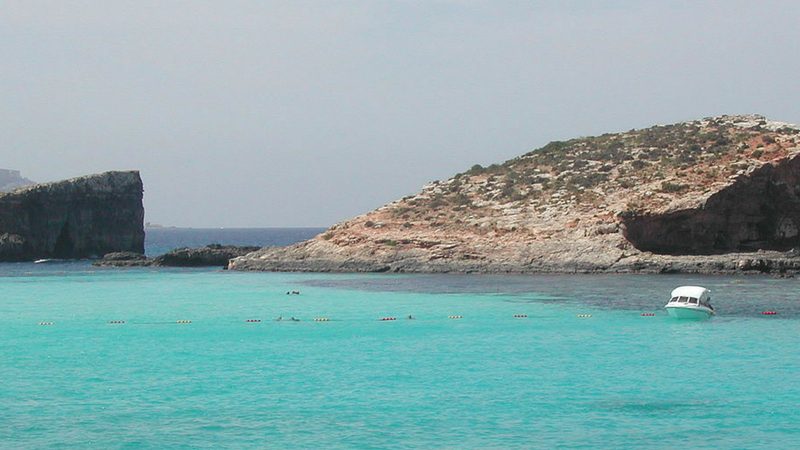Malta needs to better address the issue of micro-litter at sea through direct measures and should make efforts to prevent, identify and tackle pollution caused by single use plastics, according to a new European Commission report.
The Maltese programme of measures addresses macro-litter by covering fisheries, tourism, recreational activities and shipping. It also works to reduce marine litter in coastal areas and in the open sea, as well as removing existing litter.
However, it does not specifically cover microplastics and Malta reported back to the EU that no information is yet available on the matter.
The European Commission published a report on the implementation of the EU Marine Strategy Framework Directive assessing the measures put in place by EU Member States to achieve good environmental status by 2020.
In fact, Malta had requested an exception with regards to the level of litter – particularly microlitter – in the marine environment. “Malta justifies the application of the exception by pointing to the transboundary nature of marine litter, stating that actions by other Mediterranean countries may interfere with Malta’s efforts to reduce marine litter in line with achieving Good Environmental Status (GES)”.
However, the reported noted that Malta did not report on what basis it applied this exception, for example, if it has identified reasonable amounts of litter originating from neighbouring Member States through monitoring. It also did not state when it expects to achieve GES. “This exception is found to be partially grounded,” the report said.
Karmenu Vella, Commissioner for Environment, Maritime Affairs and Fisheries, said: “Over the last years, Member States have put a lot of effort to ensure that the seas’ resources are used and managed sustainably, relying a lot on regional cooperation. Unfortunately, despite these efforts, the measures taken so far are not yet sufficient to achieve good, healthy and productive seas by 2020. I therefore urge Member States to take heed of the recommendations made by the Commission to move a step closer to achieving this goal.”
The report pointed out that implementation of the local programmes should establish more links with existing EU policies and international instruments for eutrophication, hydrographical changes, contaminants and underwater noise.
With regards to non-indigenous species in the waters, Malta – together with Poland and Cyprus – reported “justified exceptions” because it was beyond their control. In the Mediterranean Sea, these species may enter through the Suez Canal, the report said.
Malta was also listed as one of the member states that introduced specific measures to reduce the impact from recreational fishing by restricting the use of certain techniques.
In addition to EU requirements, Malta introduced measures, such as further regulating the discharge of contaminants, reducing the use of pesticides, ballast water management, improving aquaculture and dredging practices, and some indirect measures, such as awareness-raising and research activities.
The report also noted that Malta is applying a measure to protect the Yelkouan shearwater from predator rats by increasing awareness about the effects of leaving litter and food behind in protected areas. Litter left behind in a special protection area led to an increased presence of rats, which were preying on the birds
The Marine Strategy Framework Directive provides an ambitious and holistic framework to protect the EU’s seas and oceans, and ensure that their resources are managed sustainably.













